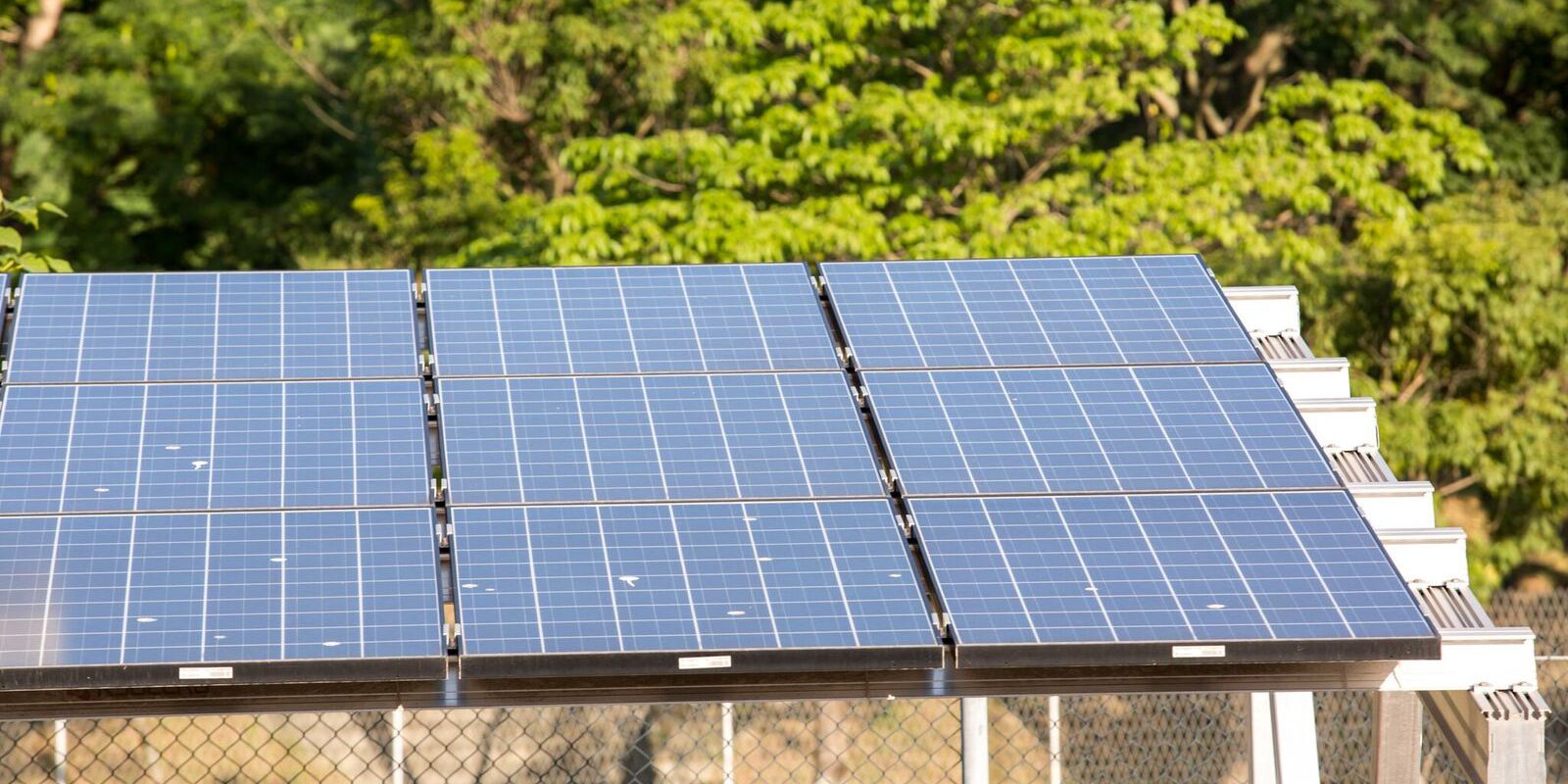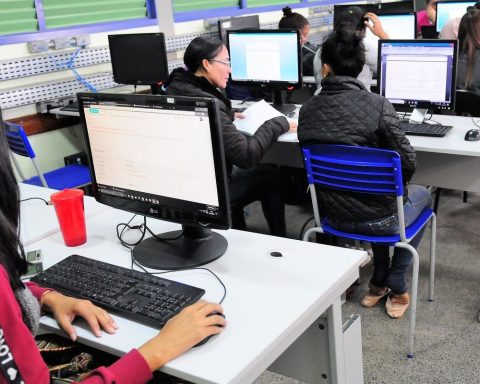The solar energy sector has celebrated the increase in adherence to photovoltaic energy production systems in Brazil. The country has exceeded the mark of 19 gigawatts (GW) of installed power of the photovoltaic solar source. Of this total, 13 GW are installed on roofs, facades and small plots of land and the remainder corresponds to large-scale plants. It is a number considered historic by the sector. By way of comparison, the Itaipu Hydroelectric Power Plant generates 14 GW of installed power.
The number consolidates the solar source as the third largest generator of energy in the country, behind hydroelectric and wind sources. The capture of sunlight by photovoltaic panels and the transformation of this light into energy currently represents 9.6% of the country’s electricity matrix. From January to September, there was an increase of 46.1%, with an average growth of 1 GW per month in the last 120 days.
The data are from the Brazilian Photovoltaic Solar Energy Association (Absolar). Based on them, the National Confederation of Industry (CNI) estimates that the installed capacity could double by the beginning of 2023. The incentive, in the form of a discount on the tariff, for consumers to install the system in their homes is one of the reasons for the projection .
According to the Law 14,300/2022which establishes the legal framework for distributed microgeneration and minigeneration, consumers who install a solar system in their homes and businesses by 2023 will pay a cheaper tariff until 2045. The tariff will be calculated only on the positive difference between the amount consumed and the sum of the electric energy injected in that month.
The energy generated by sunlight is clean energy, which does not produce waste or pollution. According to Absolar, this type of energy avoided the emission of 27.8 million tons of CO2 in electricity generation. The installation cost, however, is not low. For homes, the average installation price is R$25,000; for industries, R$ 200 thousand.
The price is going down. According to Solstar, a company in the sector, costs have fallen by about 44% in the last six years. There is also a tax incentive, the exemption from Tax on the Circulation of Goods and Services (ICMS) on the sale of kit complete (inverter + modules). Solstar also highlights the opening of credit lines for the purchase of photovoltaic systems.
Sustainability
For CNI, Brazilian companies have sought to adopt a sustainable agenda, meeting the commitment signed by Brazil to reduce greenhouse gas (GHG) emissions established in the Paris Agreement. The country’s commitment is to reduce 37% by 2025 and 50% by 2030.
“Many companies have invested in energy efficiency projects. This means using less energy to obtain the same result, and this result can be achieved through technological improvements or changes in the companies’ energy management”, said CNI’s Environment and Sustainability manager, Davi Bomtempo.

















